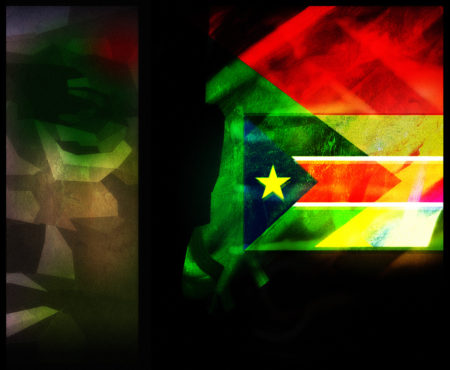
This piece was originally published by Political Violence @ a Glance on 30 August 2016.
Majlinda Kelmendi of Kosovo’s Olympic Gold Medal won in judo was doubly significant for her young country. First, Rio was Kosovo’s first-ever Olympics – it became controversially independent in 2008 and its Olympic Committee was not recognized until 2014 (conveniently, after the now much-maligned Sochi Winter Games); Kelmendi, already a champion in judo, carried the Kosovo flag first into the Olympic stadium. Second, by default, her gold medal was the country’s first-ever Olympic medal of any kind.
Back home, Kosovo remains deeply divided along the essentially ethnic lines that emerged during its mostly successful secessionist bid from Serbia (Kosovo’s independence is still not fully recognized, and tensions remain with a small Serb minority along with important Orthodox sites). July, for example, saw tense but mostly peaceful marches by Kosovo’s minority Serbs to holy sites.

